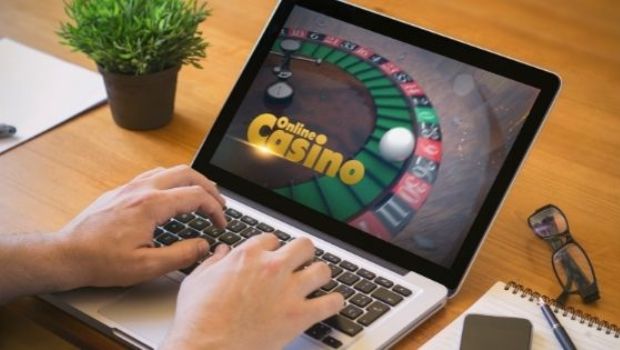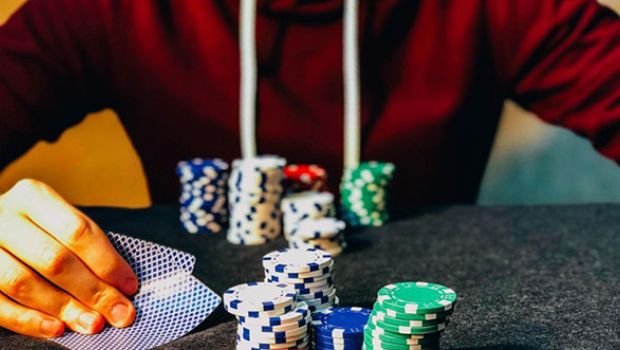Slot Machines: From Lever-Pulled to Digital Spins
November 3, 2023 4:11 am
Introduction
Slot machines, with their flashing lights and catchy jingles, have been a staple in the gambling world for over a century. Their evolution from mechanical devices to sophisticated digital platforms offers a fascinating glimpse into the intersection of technology and entertainment.
The Birth of the Slot Machine
The first slot machine, known as the "Liberty Bell," was invented by Charles Fey in San Francisco in the late 1800s. This mechanical device had three spinning reels adorned with symbols like horseshoes, diamonds, and the eponymous Liberty Bell. A winning combination would result in a coin payout.
The Golden Age of Slots
The early 20th century saw slot machines spread across the United States, particularly in places like Las Vegas. These machines became more intricate, with additional reels and symbols. The introduction of the electromechanical slot in the 1960s, like the famous "Money Honey," allowed for bigger jackpots and more complex games.
The Digital Revolution
The late 20th and early 21st centuries marked a seismic shift for slot machines. With the rise of computer technology, physical reels were replaced by virtual ones. This transition allowed for a plethora of new features, including bonus rounds, progressive jackpots, and a vast array of themes ranging from ancient civilizations to modern pop culture.
Online Slots and Beyond
The advent of the internet brought slots to the fingertips of players worldwide. Online slots offer unparalleled convenience, with players able to spin the reels anytime, anywhere. Modern online slots also incorporate immersive graphics, 3D animations, and interactive bonus games. The future promises even more innovation, with virtual reality slots and augmented reality games on the horizon.
Conclusion
Slot machines have come a long way from their humble beginnings. As technology continues to advance, it's thrilling to imagine where the next spin will take us.



